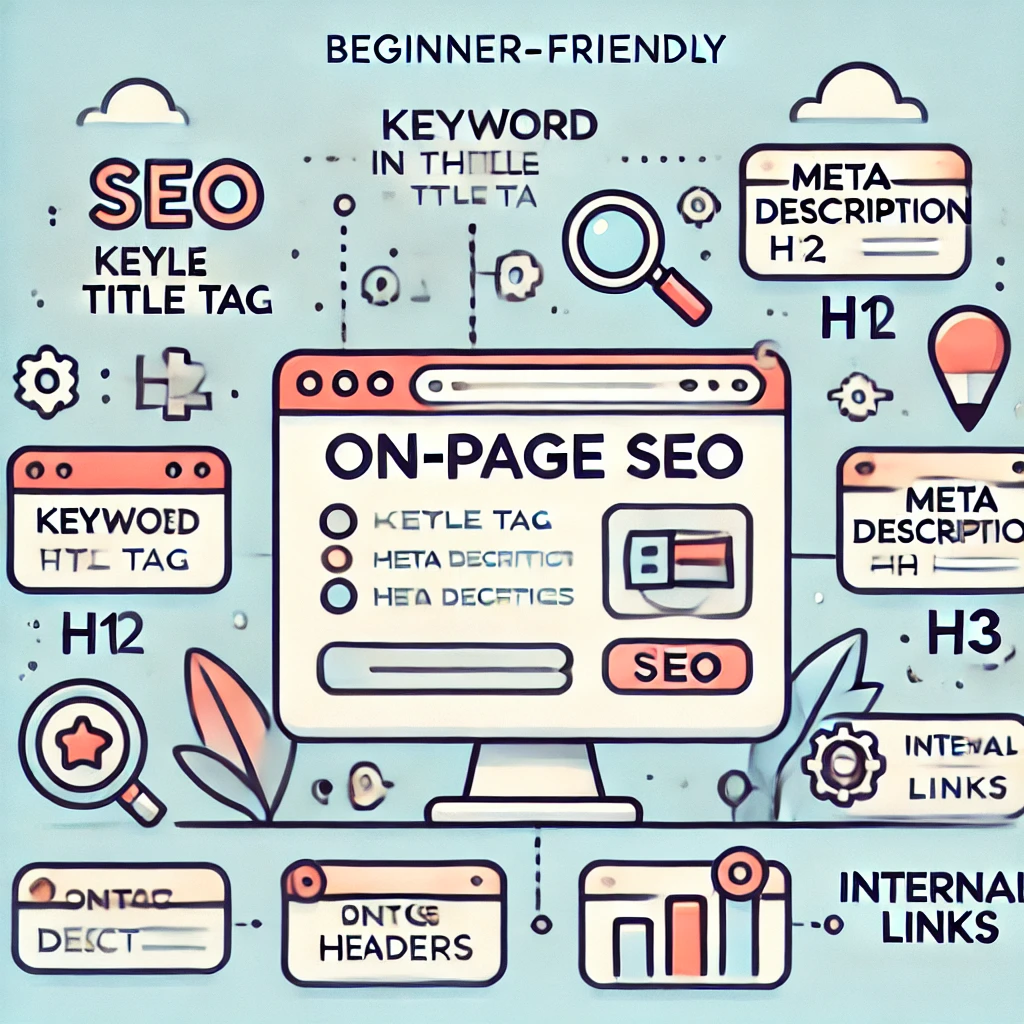Technical SEO: What It Is and Why It’s Important
If you’ve ever wondered why some websites rank higher on Google, the answer usually involves SEO (Search Engine Optimization). Among the many types of SEO, technical SEO is one of the most crucial. But what exactly is technical SEO, and why should you care about it?
What is Technical SEO?
In simple terms, technical SEO is all about making your website easy for search engines to understand and index. When search engines like Google crawl your site, they need to read its content, analyze its structure, and decide if it’s good enough to show to users. Technical SEO helps make sure your site passes that test.

Think of it like building a house. Technical SEO is like making sure the foundation is strong, the plumbing works, and the walls are built properly. If the structure is bad, it doesn’t matter how nice the furniture (your content) looks – the house won’t function properly.
Key Elements of Technical SEO
- Website Speed: If your website takes too long to load, visitors won’t stick around, and search engines will penalize you for it. A fast-loading site is essential for a good user experience and better rankings.
- Mobile Friendliness: Nowadays, most people browse the web on their phones. Google knows this and prioritizes websites that are mobile-friendly. This means your site should look good and work well on any device, not just desktops.
- Site Architecture: A well-organized website helps search engines understand how your pages are connected. Clear and simple navigation makes it easier for both users and search engines to find important content.
- Crawlability and Indexability: Search engines use bots (called “crawlers”) to scan your website. If your site isn’t easy to crawl, or if important pages are hidden, it won’t rank well. Technical SEO helps ensure that all important pages are accessible to search engines.
- Secure Website (HTTPS): Having an SSL certificate, which shows that your website is secure (HTTPS instead of HTTP), is a ranking factor. Search engines want to direct users to safe and secure websites.
- Fixing Broken Links: Broken links create a bad experience for users and can harm your SEO. Regularly checking and fixing broken links is part of technical SEO.
- XML Sitemap: A sitemap is like a map of your website, showing search engines what pages exist and how they are connected. An XML sitemap makes sure search engines can find and index all important pages on your site.
Why Is Technical SEO Important?
Without proper technical SEO, even the best content won’t rank well in search engines. Here are a few reasons why it’s so important:
- Better Search Engine Rankings: Technical SEO ensures that search engines can easily find and index your site. When Google understands your site better, it’s more likely to show it to users, which means higher rankings.
- Improved User Experience: A fast, well-structured, and mobile-friendly website keeps users happy. Happy users are more likely to spend time on your site, reducing bounce rates and increasing the chances of conversions.
- Staying Competitive: Many of your competitors are already optimizing their websites for SEO. If you don’t do the same, you’ll be left behind in search rankings, which can hurt your business.
- Helps Avoid Penalties: Technical SEO helps you avoid common mistakes that could lead to search engine penalties, such as slow page speeds, duplicate content, or broken links.
Conclusion
Technical SEO may sound complicated, but it’s essentially about making your website as friendly as possible to search engines and users. By focusing on elements like site speed, mobile-friendliness, and security, you can boost your website’s visibility and improve its performance in search rankings.
If you’re serious about getting more traffic to your site, technical SEO is an essential part of your strategy. Without it, even the best content won’t get the attention it deserves.









